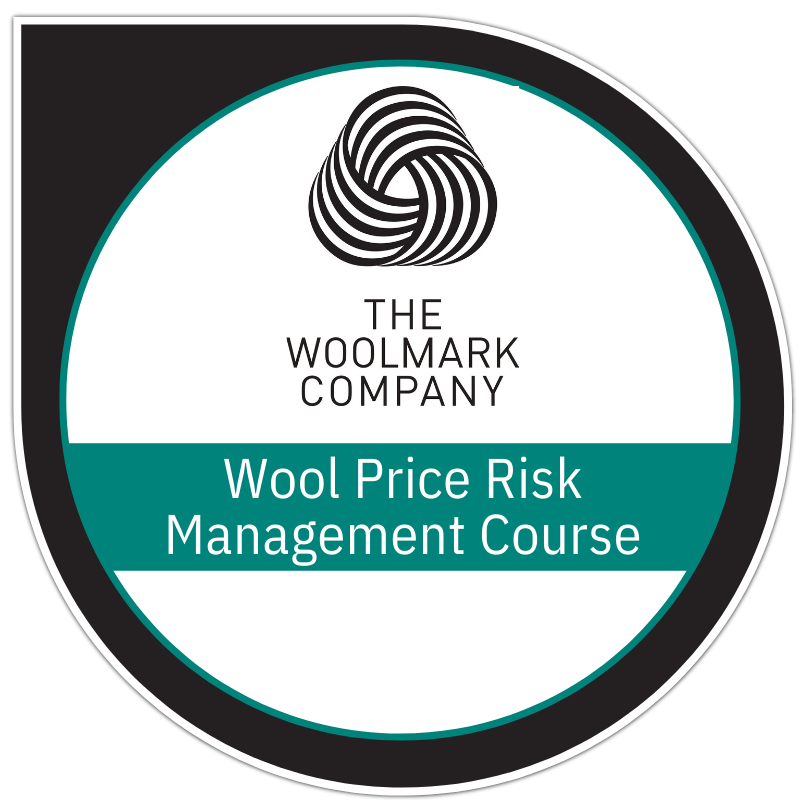This course takes an in-depth look at the importance of wool price risk management and hedging principles. The content covers types of risk, risk management products, strategies and analysis in relation to the wool industry and shows how a better understanding of these elements can enable an increased uptake of forward contracts and lead to improved market signals. This in turn could be of significant benefit to all woolgrowers and other participants in the wool industry pipeline.
In this course you will also explore examples of Australian agricultural innovation, both pre- and post-European settlement, and identify the role the wool industry has played in promoting these innovations.
By the end of this course you should be able to:
- identify examples of Australian agricultural innovation, both pre- and post-European settlement
- explain the importance of price risk management and understand the benefits of a well-functioning wool futures market
- outline the different types of risk associated with the wool pipeline
- describe the variety of risk management products and participants involved in the wool industry
- explain the concept of hedging principles relative to the wool industry
- describe how risk management strategies are developed and analysed to benefit the woolgrower.
- A history of innovation and advancement
- The importance of price risk management
- The types of risk
- Risk management products and participants
- Hedging principles
- Risk management strategies and analysis

单元: 6

This first module explores a variety of Australian innovations, both pre- and post-European settlement, with a focus on agriculture. It identifies the role the wool industry played in promoting these innovations before introducing the concept of hedging in relation to the Australian wool industry.

This module focuses on the significance of risk in relation to the wool industry. It discusses where agriculture in Australia, and the wool industry in particular, sits regarding exposure to risk and explains how to develop a better understanding of this.

Module 3 provides an overview of the different types of risk associated with the wool pipeline. It outlines the most common risks that exist and focuses on the key risks that influence price and margin outcomes, enabling woolgrowers to make strategic decisions with regards to their enterprise.

This module explores the variety of risk management products available to assist the woolgrower in the development of a risk management plan for their enterprise. It explains the various risk management tools that are available and the range of participants that operate in the risk management environment.

Module 5 examines the concept of hedging and explains, using a worked example, how using a risk management strategy can offset adverse price movements in the physical commodity such as wool. It also explains how basis risk can be managed to benefit the woolgrower at settlement.

This final module details risk management strategies and analysis required to minimise exposure to market risks associated with the changes in supply and demand. It discusses how to promote an understanding of forward price hedging and margin management using a range of data presentations.
